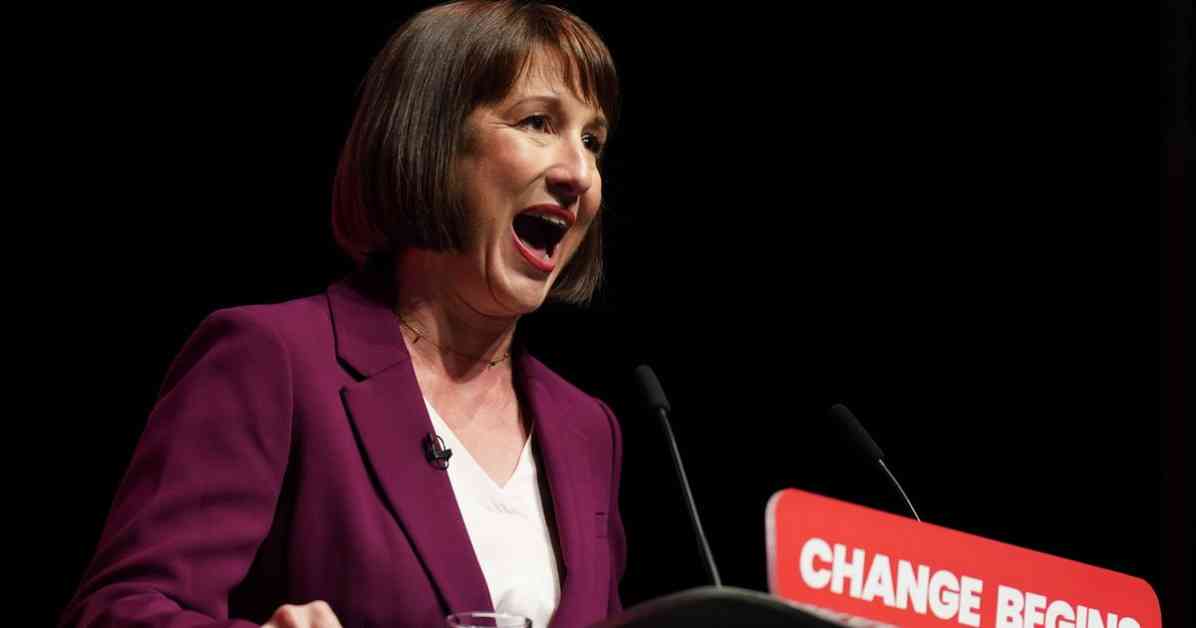Chancellor Rachel Reeves Open to Changing Non-Dom Tax Crackdown Plans
A recent report suggests that Chancellor Rachel Reeves may be open to amending the plans for Labour’s crackdown on non-doms. The Financial Times revealed that Government officials have indicated that Ms. Reeves could be willing to make adjustments to the policy if the projected numbers do not meet expectations.
Treasury spokespersons have responded to these reports by labeling them as “speculation, not Government policy.” They have reiterated their commitment to eliminating the outdated non-dom tax regime and replacing it with a more modern and internationally competitive residence-based system aimed at attracting top talent and investment to the UK.
Understanding the Non-Dom Tax System
For those unfamiliar with the term, a ‘non-dom’ refers to an individual residing in the UK whose permanent home, or domicile, is located outside the country for tax purposes. Non-doms are required to pay taxes on income earned within the UK but are not obligated to pay taxes to the UK government on income generated outside of the country.
Concerns and Speculations Surrounding the Policy
The Guardian reported that there are growing concerns within Treasury officials regarding the potential financial outcomes of the non-dom tax crackdown. There are fears that estimates from the Office for Budget Responsibility (OBR) could forecast that the policy will not generate any revenue, primarily due to the risk of affluent individuals choosing to leave the UK to avoid the new regulations.
Additionally, there are worries that the OBR’s projections may indicate that the policy could actually cost the Government money, as non-doms may reduce their time spent in the UK to avoid the tax implications. However, the HM Treasury has emphasized that these reports are speculative and that the OBR will provide certified costings for all measures announced in the upcoming Budget.
Prime Minister Sir Keir Starmer’s Stance on Non-Doms
In a speech made in August, Prime Minister Sir Keir Starmer emphasized the Government’s commitment to cracking down on non-doms. He stated that those with the greatest financial resources should bear a heavier burden, highlighting the need for fairness in the tax system.
Labour’s Plan to Address Tax Loopholes
A costings document released in June outlined Labour’s intention to raise significant revenue by closing the “non-dom loophole” utilized by wealthy foreigners residing in the UK. The party aims to crack down on tax avoidance practices and ensure that all individuals contribute their fair share to the country’s public services.
Expert Insights on the Economic Impact
Former Bank of England chief economist, Andy Haldane, expressed caution regarding the potential consequences of deterring private finance in the current economic climate. He emphasized the importance of attracting investment to fuel growth and recovery, suggesting that policymakers should carefully consider the implications of their tax policies on the flow of finance needed for economic development.
Government’s Commitment to Fairness and Revenue Generation
Despite the uncertainties surrounding the non-dom tax crackdown, the Government remains steadfast in its commitment to addressing tax system inequities and generating revenue to support public services. By eliminating the outdated non-dom tax regime and implementing a new residence-based system, the Government aims to create a more competitive environment for attracting top talent and investment to the UK.
In Conclusion
The potential amendments to Labour’s non-dom tax crackdown plans reflect the Government’s willingness to adapt policies to achieve desired outcomes. While concerns and speculations persist regarding the financial implications of the new regulations, it is evident that the Government is focused on promoting fairness in the tax system and enhancing revenue generation for the benefit of public services and economic growth.












